Marketing honchos decode machine learning, brand experiences & message
Marketing in a digital world is complex, brands have to learn “new tricks”, be nimble-footed and focus on the experiential aspect of brand engagement. The CMO Conclave at Zee Melt 2017 saw the titans of marketing engage in passionate discussions and opinionated debates on the complex new age marketing environment.
The Conclave saw an opening remark by Sunil Buch, CEO, Zee Live and Zee Talent, Head of Corporate Brand & Communications, where he spoke about Zee Melt, which is in its third year, and how it has been helping brands and marketers with content that transforms the way they perceive marketing, brands and consumers today.
Brand lessons from machine learning
Rajan Anandan, VP, India and South East Asia at Google, brought into focus the growing importance machine learning and how brands can leverage it to yield better results and drive more sales. According to Anandan, there is only one way to do digital marketing today and that is by using machine learning, which is a science of getting computers to act without being explicitly programmed. “Machine learning when applied to digital marketing, helps the brand in reaching the right audience for the product with the right message in the most effective way, resulting in better sales and a higher reach and brand recall,” he added. Anandan pointed out how 35 per cent of all smartphones are sold online today and added that 20 per cent of pre-launch booking of newly launched cars are also done on digital platforms.
Citing some examples, Anandan noted how online financial marketplace Bank Bazaar has been using machine learning by applying smart display campaign advertisements, which have resulted in 30 per cent more footfall, conversions happening from display across home, personal loan and credit cards. “Cost per acquisition (CPA) was equal to search CPA in 2/3 categories and overall conversion volumes grew due to first party data integration,” he informed.
Car maker Nissan has also been using machine learning to achieve 10x higher banner interaction rates and 3x increase in brand search interest. He concluded his session by giving out one key learning for the advertisers to not use the same creative for one campaign, but instead use multiple creatives for the same campaign.
“Experience is the new brand journey”
Speaking about marketing in a digital world, Umang Bedi, Managing Director, Facebook India, reminisced about the time when Reliance Communication came up with a Monsoon Hungama offer in the year 2005, which enabled consumers to avail free incoming calls for lifetime at a price of Rs 100 and which in turn made India the lowest voice country in the world. Since then, India has grown to be a country with over 1.2 billon cellphones with vastly different consumer needs. Today, mobile has joined the list of basic necessities such as food, clothing and shelter.
While pointing out that the telecom industry is a demand constrained industry, Bedi stated that a teenager or an adult cannot consume more than 400 minutes of calling broadband, whereas data has always been a supply constrained market and that’s where the big shift happened six months ago. “With the launch of Jio, 450 million Indians are connected to the internet today and data, thus, became the cheapest commodity and has made India the cheapest data country in the world. India has consumed 1 billion GB of data since the launch of Jio and that is about 40 per cent more than the consumption in the US, 60 per cent higher than China, and 75 per cent higher than Korea. By 2020, we will have 750 million internet users and by 2025, we will have 1.3 billion people on the internet,” he further said.
Citing some more statistics around mobile usage in India, Bedi said that 93 per cent of the time when Indians are on the phone, they are using an app and not going to a browser and searching for information. On an average, a person unlocks their phone about 80 to 100 times a day and this behaviour is driving some interesting data. Facebook has 2 billion active users everyday. On the mobile behaviour front, 42 per cent of all the e-commerce activity is happening on mobile devices, while 76 per cent of all buying decisions are made on phones prior to the actual purchase in retail stores. According to Bedi, “Over the next five years, India would lead in mobile marketing. Marketing is going to drive key decisions for many businesses because it is going to give us the ability to make use of systems and data to really define experiences.”
He also stressed upon the fact that the role of marketer is splitting into two different roles – Chief Data Officer and Chief Experience Officer. The reason a consumer buys a product from an online portal or at a store is because of the experience he has. Experience is a new brand journey of how they get the experience of the product. Data is the voice of the customer and content is how you respond to it. Bedi concluded by stating that the whole medium around having personalised marketing and having personalised creative is nothing but responding to those data signals.
“Old dogs have to learn new tricks”
Taking the conversation further, Suresh Narayanan, Chairman and Managing Director, Nestle India Ltd, noted that the key essential factor for being a marketer is to understand the role of technology as it is transitioning rapidly. He added that earlier when someone talked about marketing a brand, digital would be the last tick on the box, but today it starts with digital first. Companies as old as 150 years like Nestle have learnt that ‘old dogs have to learn new tricks’ and a part of it is understanding where the consumer is moving. Digital has become the centre piece. How impactful, how creative, how engaging or how inspirational it is going to be begins from the digital platform and not from the pure creative campaign. Therefore, digital enablement, internet enablement and any other form of learning and enablement has now become an essential skill of a marketer.
Nestle follows a principle to abide and not adapt, because it is very easy to forget and deconstruct the brand. Recalling the unfortunate incident of Maggi Noodles, Narayanan said what gave the management strength to fight and come back was the fact that the brand had established itself in the minds of consumers. While relaunching Maggi Noodles, Nestle had an option to change the logo and change everything to let people forget that the brand ever existed. It took only 10 days for the brand that served its customers for over 32 years to be brought down and trust levels went down from 98 per cent to mere 3 per cent. The brand then decided to make a comeback with its original proposition and for what the brand stands for.
Today, a lot of brands focus on Return On Investments (ROIs) of the campaign, but the ROI of a “crappy campaign will be crap”. Narayanan said, “One does not need much intelligence, data mining and machine learning to figure that out, but we continue to degrade the quality of the message, the relevance of the message and instead focus more on getting the ROI for the campaign. A meaningless brand over a period of time continues to be meaningless, but a meaningful brand can also be made easily meaningless but continuing a brand to be meaningful with the disruptions that is outstanding marketing.”
He emphasised that safe is not safe anymore in marketing and added that a brand must stand out of the obvious knowing that there will be risk in the game. Products like Nescafe and Maggi from Nestle have undergone sea changes in the way they look at communication and advertising today. “Marketing today is not just functional, it pervades an entire organisation. It is experiential,” Narayanan added. He concluded by stating that despite all that is changing around us rapidly, there is merit in continuing on essential principles and continuing to understand those principles to have a sense of purpose in all that is being done.





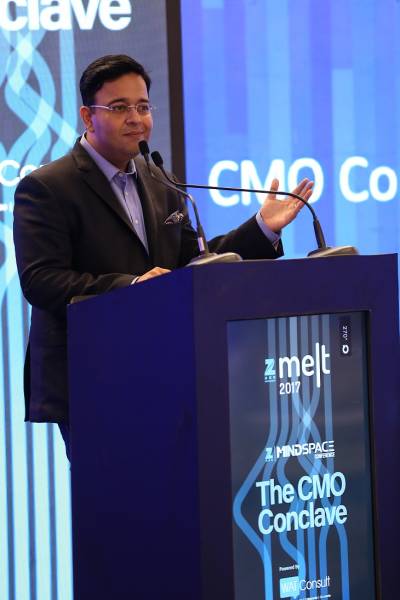
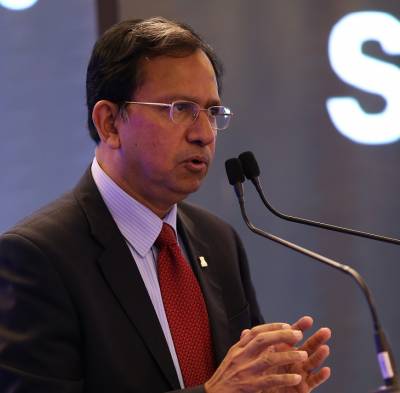
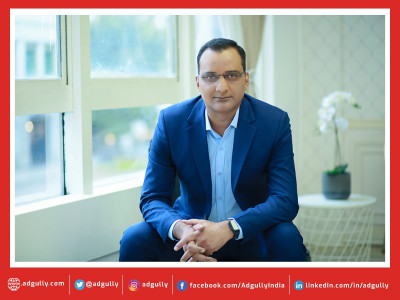

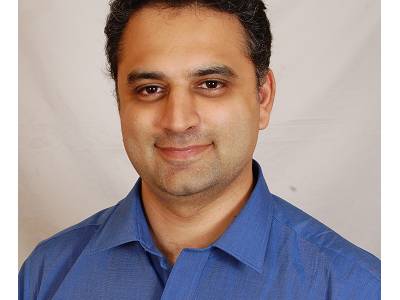


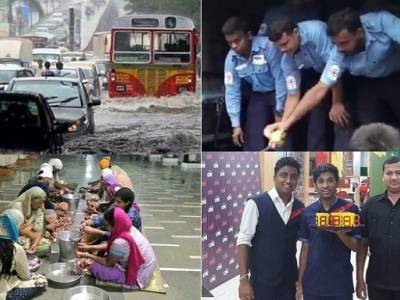
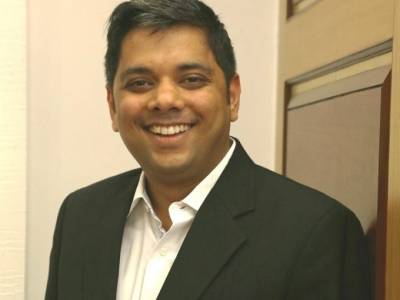
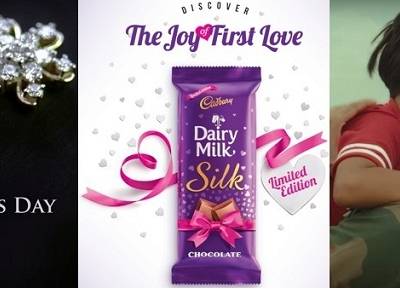
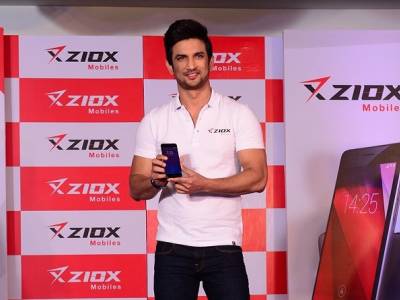

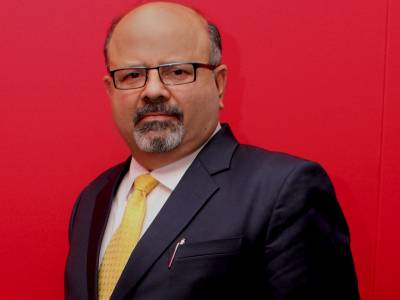


Share
Facebook
YouTube
Tweet
Twitter
LinkedIn